How To Use Community Involvement To Differentiate Your iPhone Game
With over 160,000 downloads available at the iTunes app store, differentiating your game from the competition is clearly a significant task facing any developer. Many of the offerings in the app store are either faithful versions of old classics or re-imagined experiences featuring beloved characters. Faced with the absolute glut of available games and the seemingly insurmountable obstacle of built in name recognition for these classic games, it can be difficult for a new game to stand out from the pack. In this article we will examine a couple of ways in which an unknown development company can help differentiate their game through the use of the community.
Leverage the community from the inside and out - For the last couple of years, the buzz of the internet has surrounded the power of the community and the leveraging of user generated content. In devising a strategy for differentiating an iPhone game, a strong focus should be placed on these areas. The iPhone game Ocarina opened a lot of eyes with its use of community via its World View feature. Using the World View feature in Ocarina users may to sit in on the game session of any Ocarina player worldwide and listen to them as they play their virtual instrument. Much of the popularity of Ocarina can be directly attributed to this feature, as some users leave the World View mode running and use it as a sort of jukebox. This feature also inspires Ocarina players to practice more, so as to provide a more enjoyable experience to their viewers. There even exists an entire online community dedicated to creating and sharing sheet music for play on the Ocarina platform.
Another way to leverage community involvement is by getting them in on the process of game development. With the advanced tools that many iPhone games are developed with, there is often the option to tweak those tools into a format that users themselves can work with. These level editors and content generation tools can be a crucial aspect of developer and customer relationships because they inspire the user to become a part of the game's community and allow them to actively contribute to the game experience. In many cases these user generated levels are sold as extensions to the game through the publisher's own website, providing monetary reward to the individual and developer. Those who get involved in these programs often become outspoken product evangelists, who try to convert users to their game of choice so they can experience the content they have generated and participate in the process.
When users are able to interact with each other and the game itself on anything other than the most basic of levels, their level of involvement advances from a passive to an active one. It is in this active state of involvement that differentiation is achieved, and a real and long lasting connection can be made between the consumer and the development company.



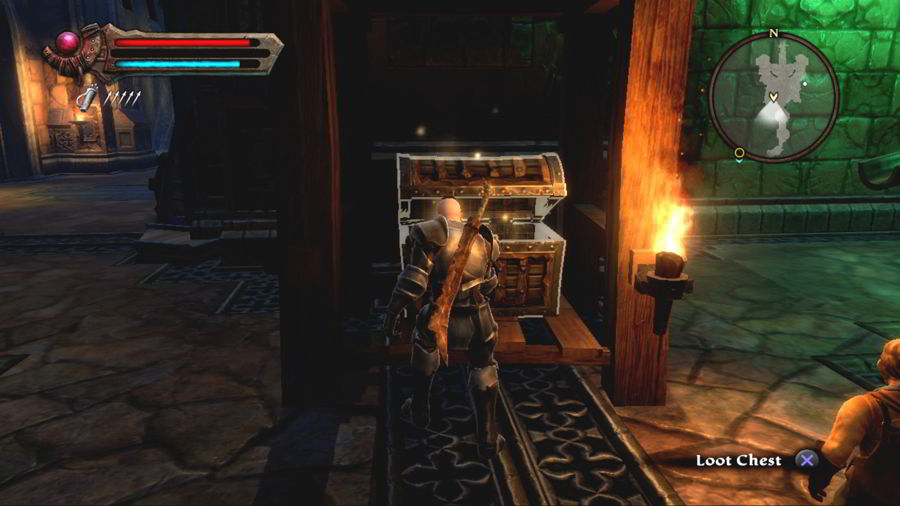

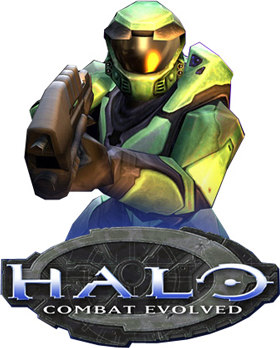
 Smite Assault Mode - Is it good?
Smite Assault Mode - Is it good? Games of 2010: No.8
Games of 2010: No.8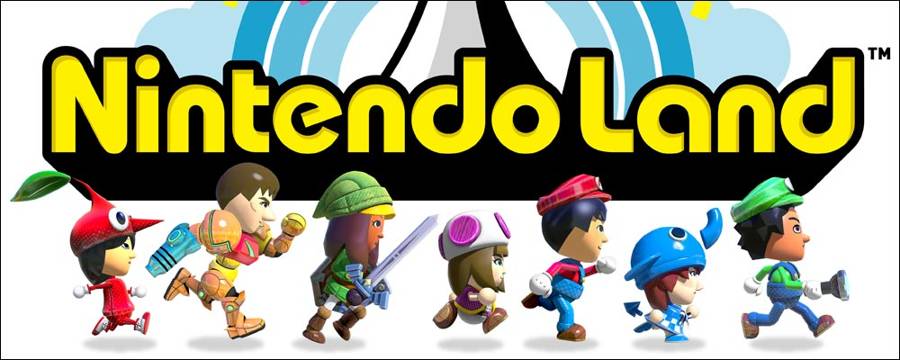 Nintendo Land Guide: Pikmin Adventure Shining Eyes Guide
Nintendo Land Guide: Pikmin Adventure Shining Eyes Guide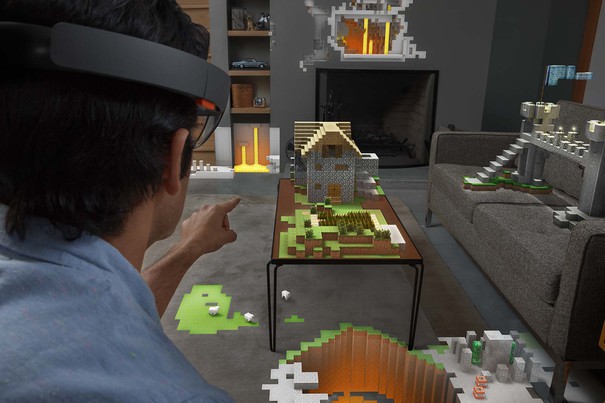 Is Microsofts HoloLens another set of hollow promises?
Is Microsofts HoloLens another set of hollow promises?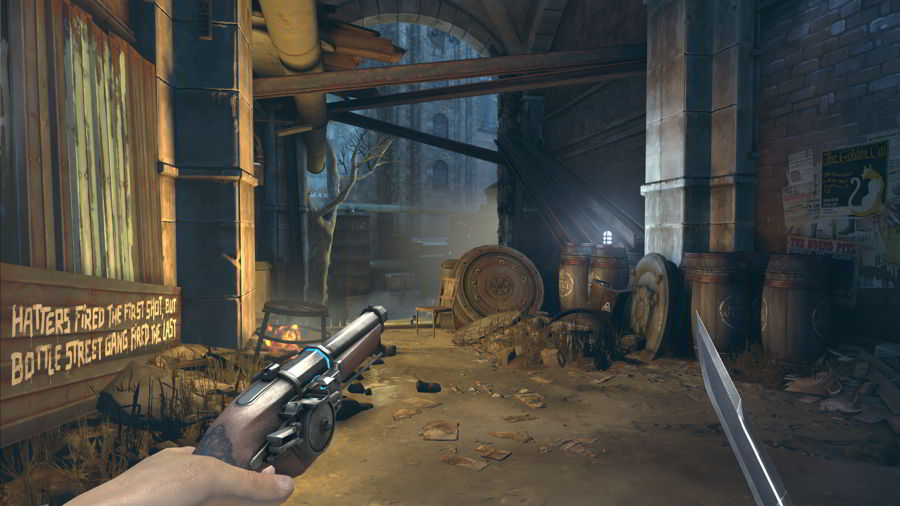 Dishonored Guide: Stealth Guide For The Golden Cat
Dishonored Guide: Stealth Guide For The Golden Cat